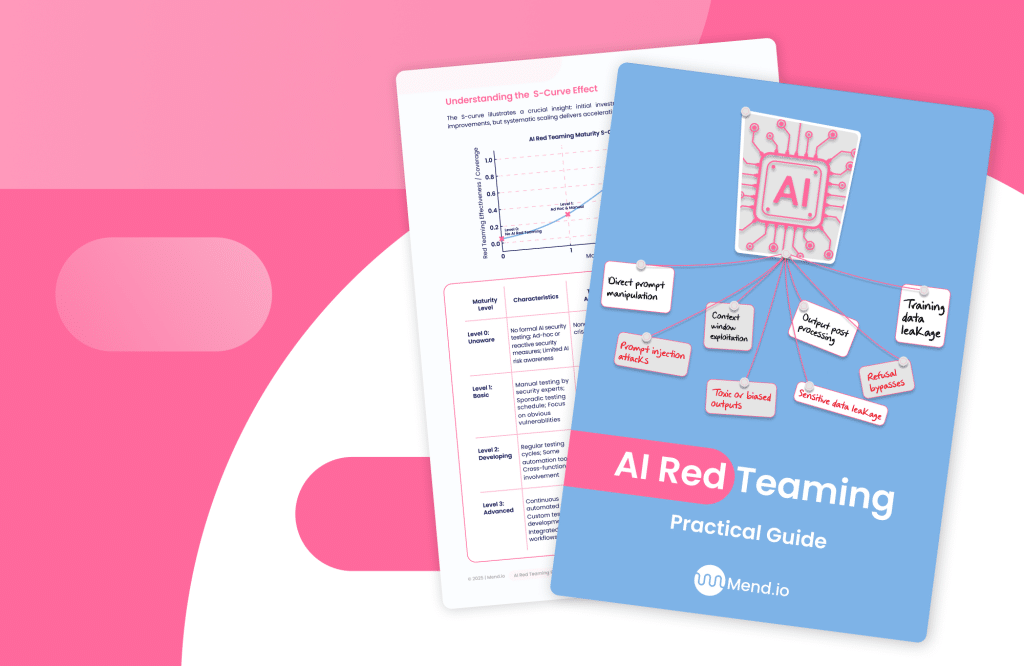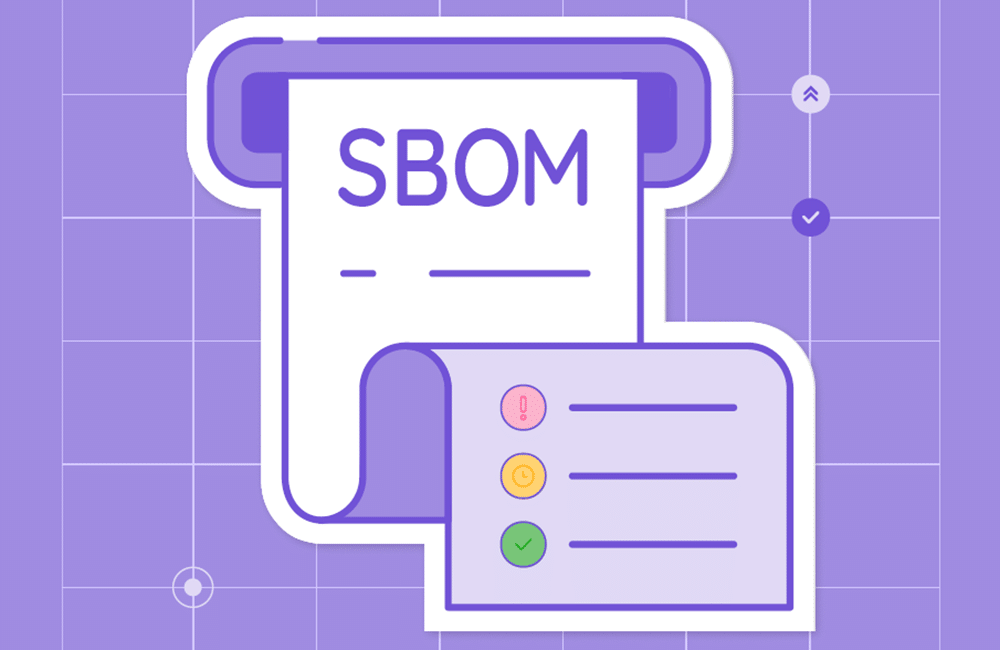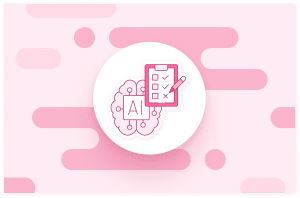Table of contents
Best AI Red Teaming Providers: Top 5 Vendors in 2025

What are AI red teaming providers?
As organizations build and deploy AI systems, from customer-facing chatbots to decision engines behind the scenes, the question of trust keeps getting louder. Can these systems be manipulated? Will they behave under pressure? What happens when they don’t?
That’s where AI red teaming providers come in.
These providers specialize in stress-testing AI models, pipelines, and deployments using adversarial thinking. Some offer software platforms. Others offer services led by experienced red teamers. What they share is a mission: expose failure conditions before they show up in production — often working hand-in-hand with complementary practices like AI penetration testing to evaluate deeper model and infrastructure risks.
AI red teaming can help organizations:
- Identify vulnerabilities in language models, vision systems, or other AI components
- Simulate realistic adversarial behavior and abuse cases
- Test resilience to prompt injection, jailbreaks, and data leakage
- Assess model behavior under ambiguous or manipulated input
- Map weaknesses that could impact compliance, safety, or customer trust
Whether you’re adopting AI for the first time or maturing an existing program, it helps to know both what kind of provider fits your needs…and where to start looking.
This article is part of a series of articles about AI red teaming.
Two paths to red teaming: Platforms vs. people
AI red teaming providers generally fall into two camps. Some build tools you can run yourself. Others offer services delivered by expert practitioners. Both have a role to play. What matters is what kind of testing you need and how much support your team wants.
Automated tools: Fast, scalable, and repeatable
These platforms are designed to run red team-style tests automatically or semi-automatically. They’re good for repeatable testing, integrating into CI/CD workflows, and scaling up attack coverage.
- Often include prebuilt test cases and reporting dashboards
- Useful for ongoing validation and regression testing
- May support integration with model APIs, pipelines, or developer environments
Service-based providers: Custom, context-aware, and human-led
These are human-led teams (often offensive security pros or AI specialists) who conduct targeted assessments. They’re valuable for organizations with novel AI use cases or unclear risk exposure.
- Provide tailored, context-aware testing approaches
- Often uncover subtle or complex failures that automation may miss
- Can include regulatory insight, stakeholder reporting, and remediation planning
Some companies combine both approaches, but most lean one way or the other. Knowing the difference helps you avoid shopping for a platform when what you really need is expertise, or vice versa. If you’re exploring the technology side of this space, see our guide to AI red teaming tools for leading platforms and frameworks.
Leading AI red teaming providers: Automated tools
There’s a growing set of platforms built specifically to simulate adversarial attacks against AI systems. These tools help teams run red team-style tests more consistently, often as part of a broader AI risk management program. For a wider view of the market—including both vendors and consulting firms—see our overview of AI red teaming companies.
Here are the best platforms in the space:
1: Mend.io (Mend AI red teaming)
Mend.io is an AI native AppSec platform which is purpose-built for AI powered applications. Part of their solution to secure AI applications (Mend AI) includes an automated and Mend AI’s red teaming solution offers a continuous, automated security platform specifically designed for conversational AI applications, including chatbots and AI agents. It provides a robust testing framework that includes 22 pre-defined tests to simulate common and critical attack scenarios such as prompt injections, data leakage, and hallucinations. Beyond these built-in capabilities, the platform also empowers users with the flexibility to define and implement customized testing scenarios, ensuring comprehensive coverage for unique AI deployments.
This solution aims to deliver comprehensive risk coverage, offering detailed insights and actionable remediation strategies to enhance AI system security. By integrating seamlessly into CI/CD pipelines and developer workflows, Mend AI enables continuous security assessments and provides real-time feedback. This allows software development and security teams to catch vulnerabilities early, maintain a strong security posture as their AI systems evolve, and ensure compliance with critical AI security frameworks like NIST AI RMF and OWASP LLM Top 10.
- Targeting for conversational AI applications, including chatbots and AI agents.
- Integrates with CI/CD and developer workflows.
- Real-time feedback to help developers identify and fix issues quickly.
2: HiddenLayer (AutoRTAI)

HiddenLayer’s AutoRTAI is a behavioral testing platform that deploys attacker agents to explore how AI systems respond under stress. It’s a comprehensive tool for teams looking to simulate intelligent adversaries across a wide range of model behaviors.
- Targets models through structured adversarial behavior
- Supports chaining attacks and behavioral signal capture
- Aligns with frameworks like MITRE ATLAS for structured reporting
If your team wants to simulate coordinated attacks at scale (and observe how a model degrades or breaks under pressure), AutoRTAI offers a structured, repeatable framework.
3: Protect AI (RECON)

Protect AI’s RECON is focused on discovery and mapping, giving teams a comprehensive view of their AI assets, configurations, and risk surfaces. It’s less of a red teaming engine and more of a foundation for making red teaming possible.
- Inventory of AI models, pipelines, and associated threats
- Supports compliance and threat modeling for AI workflows
- Often used as a foundation for targeted red team efforts
Teams often start with RECON to understand what they even have before launching deeper offensive tests. It’s especially helpful for larger organizations juggling multiple AI initiatives.
4: Mindgard (DAST-AI)

Mindgard brings runtime security principles into the AI domain. Just like traditional DAST tools test running applications for vulnerabilities, Mindgard targets live AI systems, probing for unsafe behaviors as they execute.
- Tests for injection, hallucinations, unexpected behavior under stress
- Runtime-focused and production-aware
- Strong fit for organizations deploying AI in regulated industries
It’s particularly useful when you want to move past the prompt and see how AI systems behave under real-world data conditions, malformed inputs, or environmental anomalies.
5: Adversa.AI

Adversa focuses on some of the most technically advanced attack classes in AI security: model inversion, training data extraction, and privacy leakage. It’s not aimed at casual users, but for teams with deep technical talent and experimental needs, it’s a powerful resource.
- Emphasizes robustness, bias detection, and model inversion
- Often used in academic and research-aligned environments
- Supports testing of both vision and language models
Adversa is best for organizations tackling complex, high-stakes AI challenges, especially those in finance, defense, or academia exploring novel threat vectors.
Leading AI red teaming providers: Services
Software can go a long way, but there are still places where human-led testing is essential. The following providers specialize in red teaming as a service, bringing deep technical skill and scenario-driven testing to AI deployments. For a more detailed look at these offerings, see our comparison of AI red teaming services.
These are the firms to look at when you need:
- Creative chaining of attack techniques
- Custom assessments of internal models
- External validation of safety controls and guardrails
- Strategic reporting for leadership or regulatory teams
CrowdStrike

Best known for its threat intelligence and incident response capabilities, CrowdStrike now includes AI in its red teaming services. Their teams run scenario-based tests that reflect real-world threat actor behavior, adapted for AI systems.
- Brings deep experience in offensive testing
- Well-resourced and battle-tested
- Useful for companies already in the CrowdStrike ecosystem
CrowdStrike is a fit for larger organizations looking to add AI-specific scenarios to existing security testing programs.
NRI Secure

Based in Japan, NRI Secure offers security consulting services with a focus on emerging technology risk—including AI. They help clients understand exposure across model pipelines, data handling, and downstream use.
- Strong in model/system diagnostics
- Helps support AI-related regulatory needs
- Known for structured, process-driven assessments
Especially relevant for firms operating in regulated environments or markets with strict compliance expectations.
Reply

Reply is a European firm offering AI testing services under its broader portfolio of software and data consulting. Their work in AI includes validation of safety controls, misuse testing, and organizational governance.
- Combines technical testing with responsible AI guidance
- Emphasizes auditability and alignment with AI policy standards
- Good for enterprise teams navigating AI governance complexity
A solid option for firms already pursuing AI governance or “responsible AI” frameworks.
Synack

Synack offers a hybrid model: a vetted, crowdsourced network of researchers operating under structured guidance. Recently, their testing scope has expanded to include AI systems.
- Access to a global network of offensive experts
- Useful for exploratory or hard-to-define AI use cases
- Strong operational infrastructure and triage support
For teams unsure where AI risk may lurk, or who need quick feedback across diverse attack surfaces, Synack’s model offers broad reach and flexibility.
How to choose the right AI red teaming provider
When choosing a red teaming provider, brand recognition matters less than finding a tool or partner that fits your actual use case, resourcing level, and risk tolerance. Start by asking a few key questions:
- Are you testing code, models, or both?
- Do you need repeatable, automated validation—or bespoke, context-aware testing?
- Are you working with in-house models or vendor APIs?
- Who will consume the findings—developers, security leads, compliance officers?
- What are your compliance or audit requirements?
Here’s a quick cheat sheet to help you narrow things down:
| Use Case | Best-fit Tools |
|---|---|
| LLM prompt testing | AutoRTAI, Garak, PyRIT |
| Code security after LLM generation | Mend.io |
| Fine-tuned model robustness | Mindgard, Foolbox |
| Regulatory + risk reporting | Mend.io, Protect AI RECON |
| DIY/internal red teaming program | PyRIT, Foolbox, Garak |
If you’re early in your AI journey and need to map the risk landscape, start with asset discovery and pipeline visibility: tools like RECON are made for that. If you’re developing LLM-based products, a combination of behavioral red teaming and code validation is likely to serve you best. And if you’re running into risks you can’t yet name or scope, working with a service-based partner may help clarify next steps.
Why Mend.io deserves a seat at the table
Most red teaming tools focus on detecting issues. Mend.io works where those issues actually land: in code.
Red teaming uncovers risks. Mend.io helps stop them from shipping.
- Scans AI-generated code and configurations for vulnerabilities, insecure patterns, and dependency risks
- Provides real-time feedback directly in developer workflows
- Integrates with CI/CD for continuous coverage
- Complements red teaming by helping security and engineering teams close the loop on remediation
For organizations adopting LLMs in software development, not just model creation, Mend.io plays a critical role in securing what actually gets built.
Final thoughts
The field of AI red teaming is evolving fast, just like the systems it aims to secure. Choosing the right provider depends on matching the scope and shape of your risks to a provider that knows how to find cracks before they turn into breaches.
Whether you’re scaling LLM development, running sensitive workloads, or preparing for regulatory scrutiny, a strong red teaming strategy gives you an edge. The providers in this guide offer a starting point. The next step is deciding what you need to test … and how far you’re willing to go to find out what breaks












